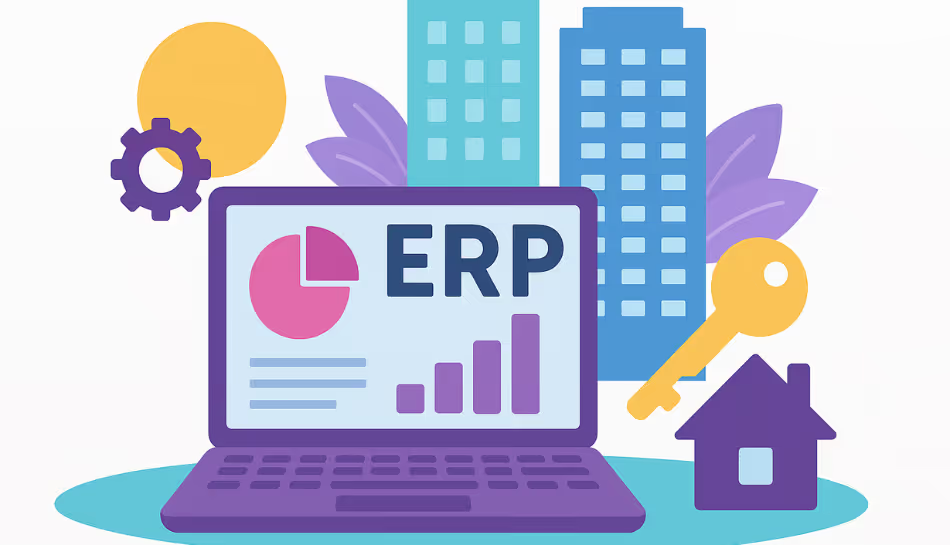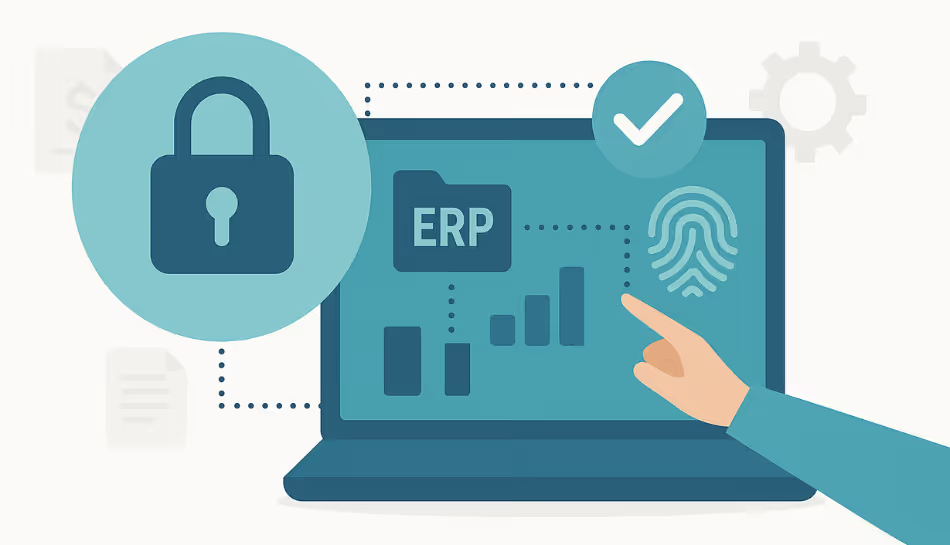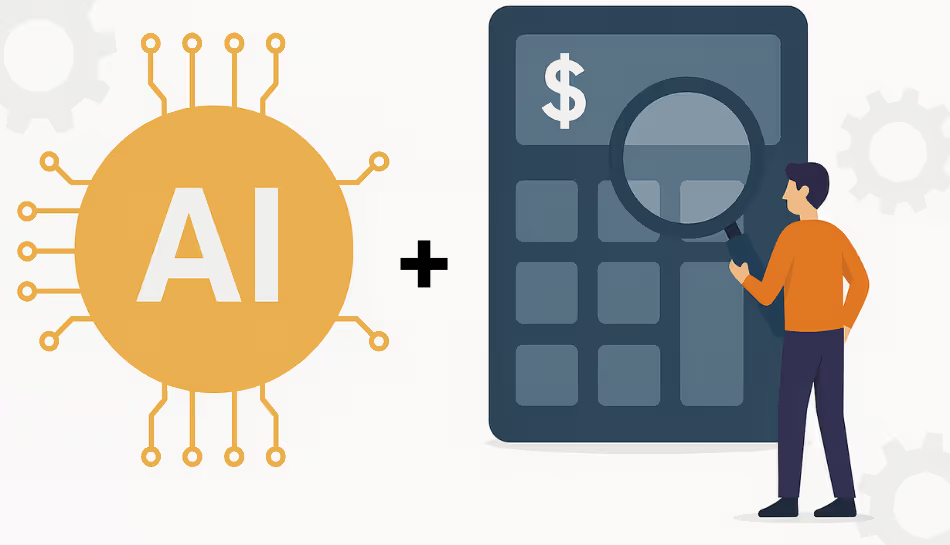Real estate developers and builders handle a wide range of activities, from land acquisition and construction to sales, leasing, and customer service. Managing everything manually or through disconnected systems can lead to delays, miscommunication, and financial errors. That’s where ERP software for real estate steps in.
Let’s explore what it is, why it matters, and which real estate ERP software options are best in 2025.
What is Real Estate ERP Software?
Real estate ERP software is an integrated digital platform that helps real estate companies manage operations like:
- Project planning and execution
- Budgeting and cost control
- Customer relationship management (CRM)
- Sales and bookings
- Legal documentation
- Inventory and materials management
- Accounting and finance
Instead of using separate tools for each function, ERP brings everything together in one system.
Why Builders and Developers Need ERP
An ERP system for real estate helps solve the common challenges faced by developers:
- Delayed project timelines
- Cost overruns
- Unclear financial data
- Lack of visibility into project progress
- Poor coordination between departments
With the right ERP, real estate businesses can stay on budget, on time, and ahead of the competition.
Key Features of the Best ERP for Real Estate
When choosing an ERP system, look for these essential features:
- Project Management - Track progress, timelines, budgets, and contractors
- CRM - Manage leads, bookings, follow-ups, and customer documents
- Financial Management - Real-time accounting, billing, and GST compliance
- Inventory Control - Manage materials and vendor supplies
- Document Management - Store agreements, NOCs, legal docs securely
- Reporting and Analytics - Make data-driven decisions with custom dashboards
- Mobile Access - Track your business on the go
Best Real Estate ERP Software in 2025
Here are some of the best ERP software for real estate developers and builders in India and globally:
- 1. Bigsun Zelene (India)
Tailored for mid-sized real estate firms, Bigsun’s Zelene ERP offers strong project, CRM, and finance modules with a user-friendly interface. - 2. Buildertrend
Popular in the US, Buildertrend is known for construction project tracking, budgeting, and client communications. - 3. Odoo Real Estate Module
An open-source ERP with customizable modules for real estate project tracking and accounting. - 4. Tally Prime + Real Estate Add-ons
A good choice for small real estate companies looking to manage accounting and GST with real estate-specific extensions. - 5. SAP for Real Estate
Enterprise-grade ERP ideal for large builders managing multiple large-scale projects across regions. - 6. Zoho Creator Real Estate Solutions
Offers app-based, low-code ERP solutions to manage site visits, bookings, and project documentation. - 7. Real Estate ERP by Gamut Infosystems (India)
Built specifically for Indian builders and developers, it handles construction costing, customer billing, and site management.
How to Choose the Right ERP for Your Real Estate Business
Here are a few tips before you decide:
- Identify your must-have features
- Set a realistic budget
- Choose software that aligns with local compliance (GST, RERA)
- Check if mobile access is available
- Ensure good customer support and onboarding assistance
- Ask for a demo before committing
Final Thoughts
Investing in the best real estate ERP software can transform how your business operates, from reducing delays and cost leakages to improving customer satisfaction and decision-making.
Whether you're a local builder or a large-scale developer, there's an ERP for real estate that fits your business needs. Take time to evaluate, test, and implement a solution that simplifies complexity and drives growth.



